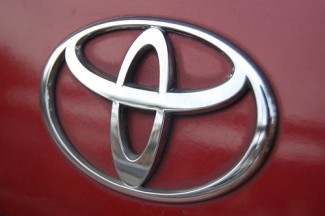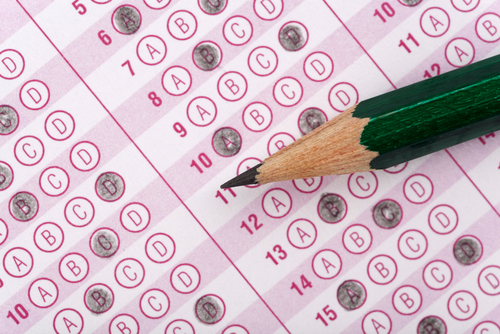Two Toyota sudden acceleration cases are settled; terms and evidence are secret

Photo owned by danielctw.
Toyota has settled two bellwether sudden-acceleration cases in recent weeks, including a personal injury suit involving a Utah crash that killed the driver and a passenger.
Terms of the settlements are confidential, and much of the evidence in the cases is sealed, the Los Angeles Times reports. The settlements follow Toyota’s agreement last month to pay more than $1 billion to settle economic claims by customers in federal multidistrict litigation.
The Utah case was filed by the family of Paul Van Alfen, who was killed while driving his 2008 Camry, according to the Times, Bloomberg News and the National Law Journal. The suit, part of the federal multidistrict litigation in Santa Ana, Calif., was to be the first of the personal injury cases to face trial.
The second suit was a lemon law claim in California state court by retired police officer Michael Houlf, the Los Angeles Times says. The automaker still faces more than 300 sudden acceleration suits in state and federal courts.
By settling potentially headline-grabbing cases, Toyota “appears to be following a well-worn playbook used by big companies in mass litigation,” the Los Angeles Times says. Large companies defending mass torts typically settle cases that could result in headline-grabbing verdicts and aggressively defend those that could result in favorable coverage, the story says.
A separate story by the National Law Journal offers a different reason why the Van Alfen suit may have been settled. U.S. District Judge James Selna of Santa Ana had sanctioned Toyota for inspecting the crashed car without notifying the plaintiffs or their lawyers. Selna had said he would allow an inference at trial that the evidence from the inspection would have been detrimental to Toyota. He vacated the sanctions on Thursday.
Toyota has attributed sudden acceleration problems to floor mats and sticky accelerators, and has issued recalls to fix the problems. Government probes found no electronics problem and suggested driver error may be to blame.



